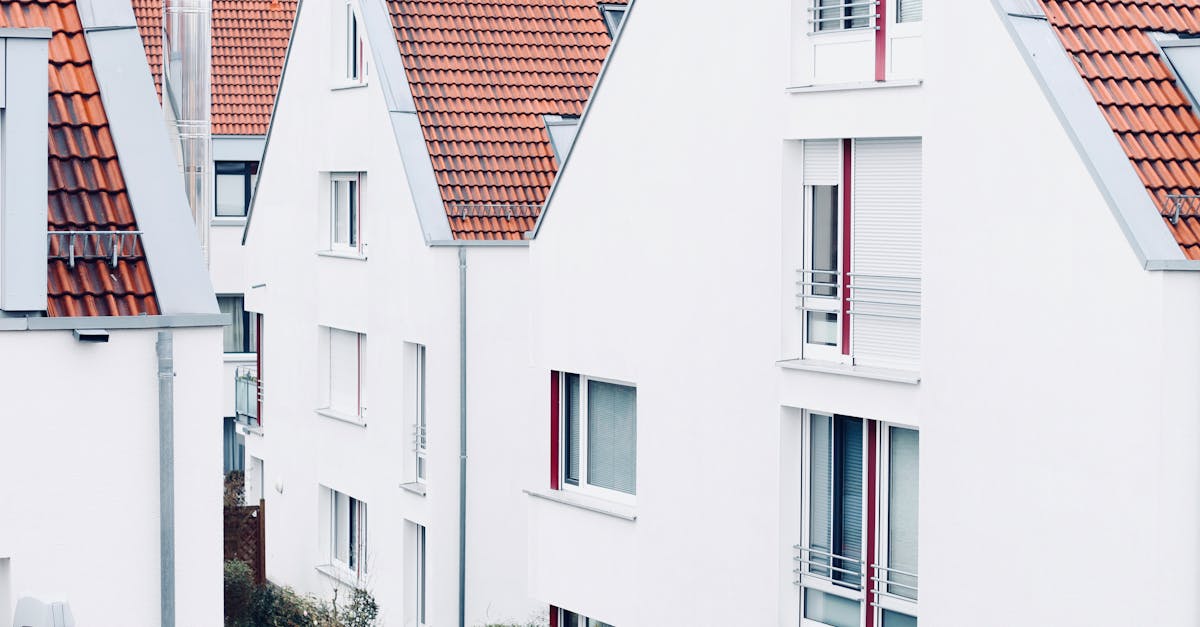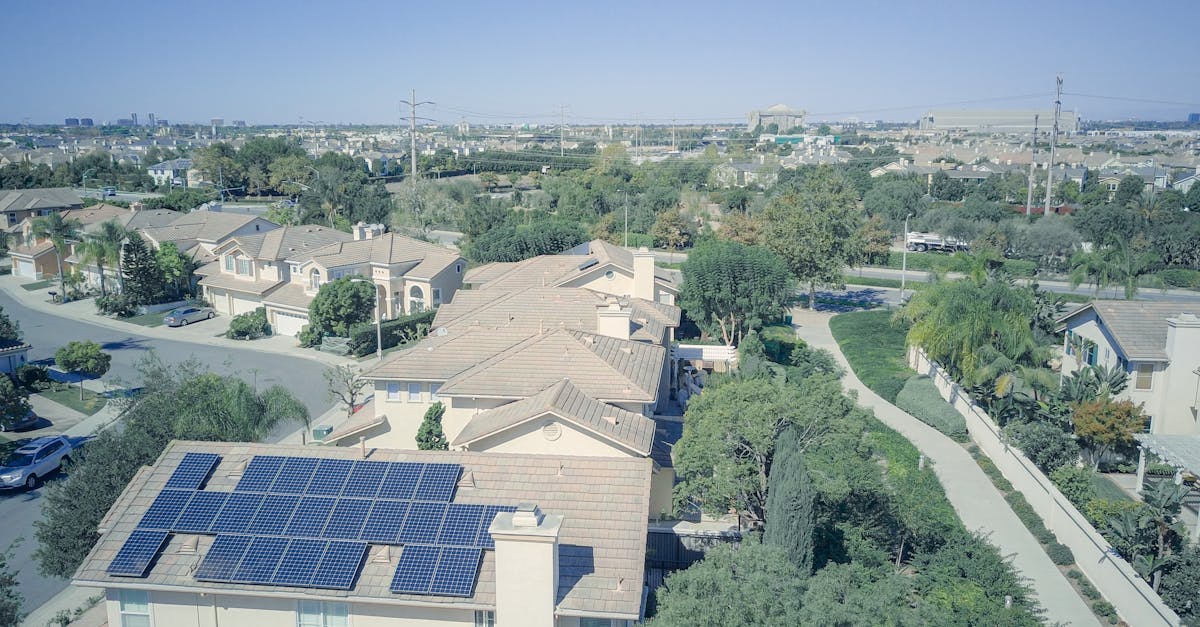
Introduction
As the landscape of real estate continues to evolve, understanding the shifts in urban and suburban markets is crucial. With changes driven by technology, lifestyle preferences, and environmental factors, these trends offer fascinating insights into the real estate market's future. This article explores both urban and suburban real estate trends that are shaping how and where people choose to live.
Urbanization Resurgence
Urban areas are experiencing a resurgence in popularity, characterized by increased demand for mixed-use developments. These spaces combine residential, commercial, and recreational facilities, offering convenience and vibrant lifestyles. Cities are redeveloping old industrial spaces into residential units and co-working spaces to accommodate this shift.
Telecommuting Fuels Suburban Growth
The rise in remote work has encouraged a significant number of families and individuals to reconsider suburban living. Offering more space, tranquility, and value for money, suburban areas are becoming attractive for those seeking a balance between career and quality of life. This trend is leading to a boom in suburban housing demand.
Sustainability in Housing Demand
Environmental consciousness is becoming a pivotal factor in real estate decisions. Homebuyers today prioritize energy-efficient homes with sustainable designs. Both urban and suburban markets are seeing increased investments in green buildings, smart homes, and renewable energy solutions, reflecting a shift towards environmentally responsible living.
Technology-Driven Real Estate
The integration of technology into real estate has transformed how properties are marketed and sold. Virtual tours and online marketplaces allow buyers to explore options from anywhere, streamlining the home buying process. In cities, tech-driven solutions like smart home devices are influencing buyer choices and enhancing urban dwelling experiences.
Diverse Living Arrangements
Across urban and suburban areas, there's a growing demand for diverse living arrangements, including multigenerational homes and co-living spaces. These options provide cost-effective and community-rich living experiences. Whether it's young professionals or aging populations, diverse arrangements reflect evolving societal dynamics.
Affordability Concerns Persist
Despite these exciting changes, affordability remains a pressing concern in both markets. Urban centers often face challenges due to limited space and high living costs, while suburban areas struggle with infrastructure development to match growing demand. This ongoing issue shapes buying strategies and policy developments across regions.
The Impact of Interest Rates
Fluctuating interest rates significantly influence real estate trends, affecting buying and investing decisions. Low rates can boost housing demand, while increases may deter prospective buyers. Understanding these variables is essential for anyone navigating the urban or suburban market, providing insights into appropriate investment timing.
Foreign Investment Trends
Foreign investment continues to shape urban real estate trends more prominently than in the suburbs. Investors gravitate towards city centers with high returns on investments. However, recent policies and economic shifts have led to fluctuating interest from international buyers, further impacting urban development dynamics.
Conclusion
In summary, the landscape of urban and suburban real estate is undergoing significant transformations influenced by technology, sustainability, and shifts in lifestyle preferences. Understanding these trends helps stakeholders make informed decisions and adapt to changing market conditions. Both markets hold unique opportunities and challenges, shaping a dynamic future for real estate.